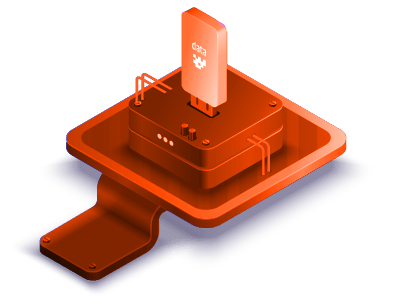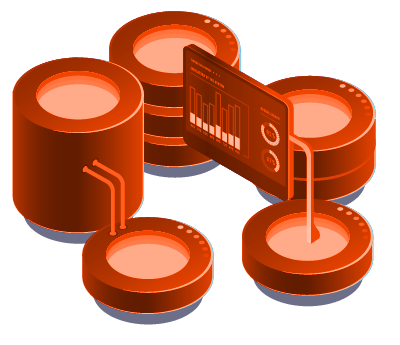Add On: Complaint
Complaints
A complaint is an act of expressing dissatisfaction, discontentment, dislike, or anything that is felt unfair by a person either through word of mouth or a written statement. A complaint is made to bring notice to the injustice or request a solution. on.
All businesses that deal with buying and selling products or services to customers deal with complaints daily. Every business has its way of handling complaints and failure to properly deal with complaints will lead to financial loss and loss of goodwill. Companies, also, need to have a solid process to manage complaints to maintain good customer relationships.
Types of Complaints
Complaints related to financial matters:
Such complaints have to be handled promptly to avoid loss of customers and retain them.
Complaints related to software products:
Software products should have a system where the stakeholders address the customer’s concerns, pay attention to their queries, and solve them at the earliest. Failure to do so usually results in a long-lasting poor impression.
Complaints within an organization:
Complaints related to issues such as harassment are sensitive and have to be dealt with carefully. It is important to create a safer environment for reporting such activities.
Complaints in healthcare:
Healthcare providers have to deal with complaints from patients and their families. It could be from any source, but higher authorities of healthcare institutes need to provide an accessible and secure way for them to raise an issue.
How can an investigator manage complaints?
Managing complaints is important because it increases customer satisfaction, leads to better customer relationships, and helps in improving quality assurance as companies take the feedback provided by the customer and implement it for the better.
By creating an environment, a website, or a form
that the customers can easily access to submit reports, and by using which, they feel safer. A complaint is an opportunity for the organization to see where things have gone wrong and take preventive measures. It is also an opportunity to subside customers’ anger and provide better service.
By being in a place to receive those complaints.
It helps in letting the customers know that the person/organization that they’re reaching out to is there to listen and willing to help them.
By responding to their complaints.
The customer may use various modes of communication, such as email, phone calls, messages, web forms, etc., to file a complaint. By making sure to respond, investigators can ensure that the customers feel validated and trust them.
By having a procedure.
This helps in dealing with complaints easily and quickly. Once a complaint is received, the investigator should send either a manual or an automated response. They should analyze the complaint and take action by assigning individuals. They should always check whether the complaints are addressed within a stipulated period.
How can Hubstream help investigators with complaints?
Hubstream ONE’s complaint template aid investigators in receiving complaints from members of the public or customers via email or web-based forms, triaging or responding to complaints using either custom or templatized responses, and understanding and analyzing trends in complaints to identify problem areas to take appropriate action.




